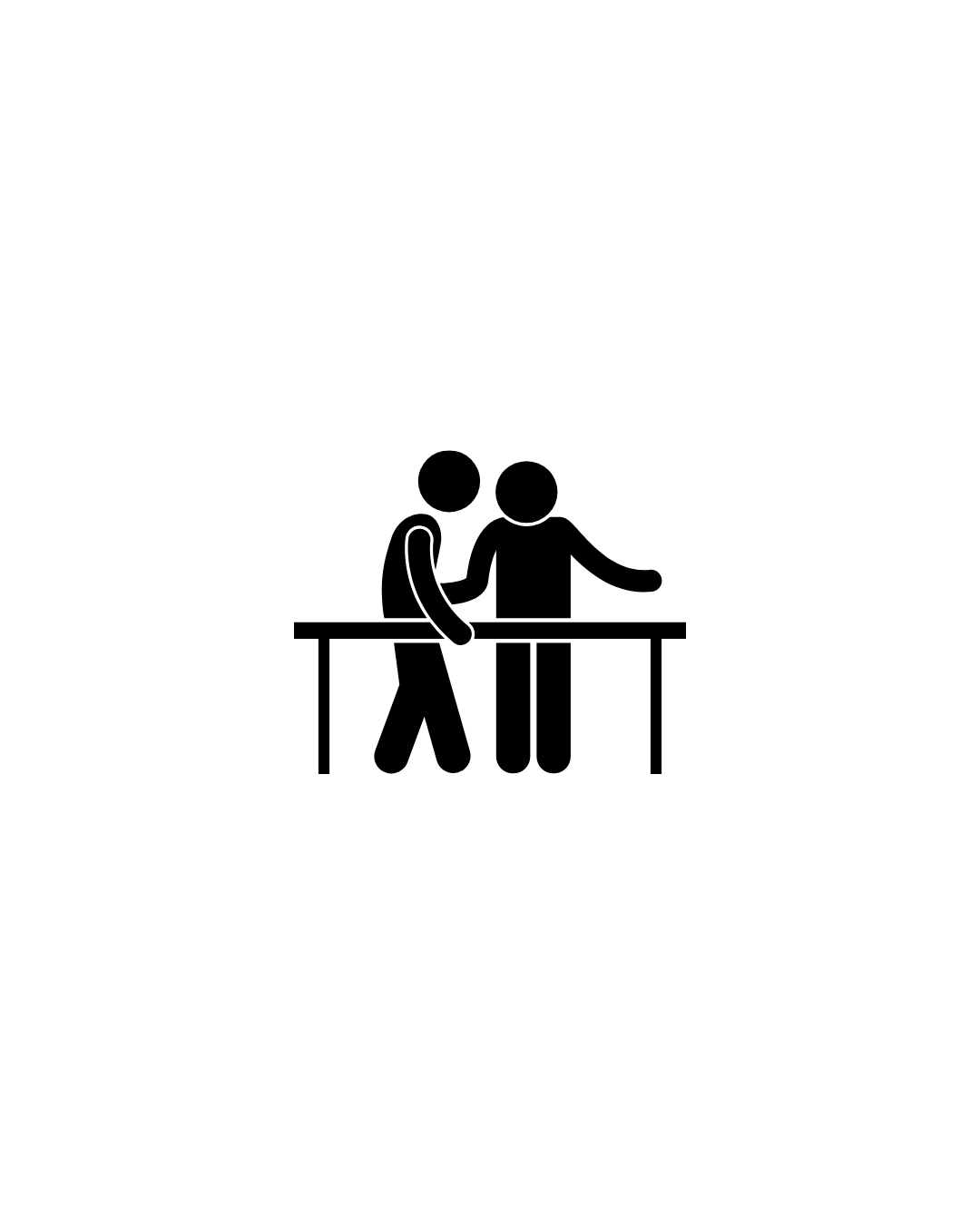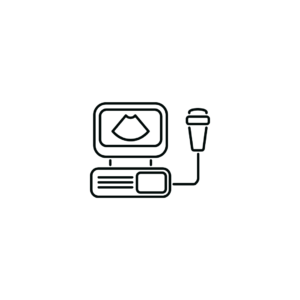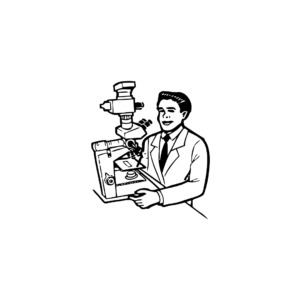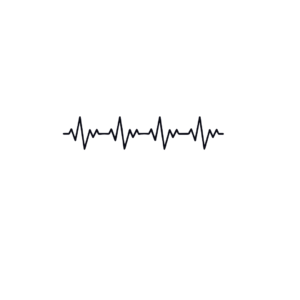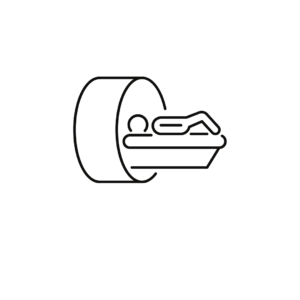Description
Overview of Diploma in Physiotherapy
The Diploma in Physiotherapy program is designed to educate students about the human body’s movement and function, emphasizing rehabilitation and preventive care. This program prepares graduates to work as physiotherapy assistants or technicians under the supervision of licensed physiotherapists, providing support in various healthcare settings. Students learn to assess physical conditions, develop treatment plans, and assist patients in restoring mobility and managing pain.
Core Areas of Study in the Physiotherapy Program
Introduction to Physiotherapy
Overview of the role and responsibilities of physiotherapists, including the principles and practices of physiotherapy in healthcare.
Human Anatomy and Physiology
Detailed study of the musculoskeletal, nervous, and cardiovascular systems and their functions related to movement and rehabilitation.
Biomechanics
Understanding the mechanical principles of human movement and their application in assessing and treating physical conditions.
Therapeutic Modalities
Exploration of various treatment techniques, including heat, cold, ultrasound, electrotherapy, and manual therapy.
Rehabilitation Techniques
Training in specific rehabilitation exercises for various conditions, including post-operative care, sports injuries, and chronic pain management.
Patient Assessment and Evaluation
Skills for conducting physical assessments, using standardized tests to evaluate patient mobility, strength, and function.
Kinesiology
Study of human movement, focusing on muscle actions, joint mechanics, and the impact of movement on health and rehabilitation.
Pathology and physical impairments
Understanding common injuries and diseases that require physiotherapy intervention, including musculoskeletal disorders and neurological conditions.
Patient Care and Communication
Techniques for effective communication with patients, including educating them about their conditions and treatment options.
Curriculum Structure
A typical Diploma in Physiotherapy program may include:
Core Courses: Key subjects covering anatomy, therapeutic modalities, rehabilitation techniques, and patient assessment skills.
Laboratory Practice: Hands-on training in physiotherapy techniques, rehabilitation exercises, and the use of modalities.
Clinical Rotations: Practical experience in hospitals, clinics, or rehabilitation centers, where students apply their knowledge under supervision.
Elective Courses (if applicable): Options may include specialized topics such as pediatric physiotherapy, geriatric physiotherapy, or sports physiotherapy.
Capstone Project or Internship: A final project or clinical experience that emphasizes the integration of skills and knowledge in physiotherapy practice.
Admission Requirements
Admission to a Diploma in Physiotherapy program typically requires:
A high school diploma or equivalent, with a strong foundation in science subjects, particularly biology and physics.
Minimum GPA requirements may vary by institution but are generally around 2.5 or higher on a 4.0 scale.
Some programs may require letters of recommendation and a personal statement expressing the applicant?s interest in physiotherapy.
Skills Developed in the Physiotherapy Program
Graduates of the Diploma in Physiotherapy program will develop essential skills, including:
Assessment Skills: Ability to evaluate patients? physical conditions, identify impairments, and recommend appropriate interventions.
Rehabilitation Techniques: Proficiency in designing and implementing individualized treatment plans to promote recovery and enhance mobility.
Communication Skills: Effective interaction with patients, educating them about rehabilitation processes, and addressing their concerns.
Problem-Solving Abilities: Capacity to adapt treatment strategies based on patient progress and challenges.
Teamwork and Collaboration: Skills for working alongside healthcare professionals in multidisciplinary teams to support overall patient care.
Career Opportunities
Graduates with a Diploma in Physiotherapy can pursue various career paths, including:
Physiotherapy Assistant
Supporting licensed physiotherapists in conducting treatment sessions, preparing equipment, and assisting with patient care.
Rehabilitation Technician
Working in rehabilitation facilities, helping patients perform exercises and activities to regain mobility and function.
Sports Physiotherapy Aide
Assisting physiotherapists in sports clinics, providing support to athletes during injury rehabilitation.
Healthcare Support Staff
Providing care in hospitals or clinics, aiding in patient mobility and assisting in treatment sessions.
Community Health Worker
Promoting physical health and wellness in the community, providing education on injury prevention and rehabilitation.
Conclusion
The Diploma in Physiotherapy program equips students with the knowledge and skills necessary to contribute to rehabilitation and patient care in physiotherapy settings. Graduates are well-prepared to support individuals in recovering from injuries, managing pain, and improving their overall physical health. If you have any further questions about the Diploma in Physiotherapy program or related topics, feel free to ask!





